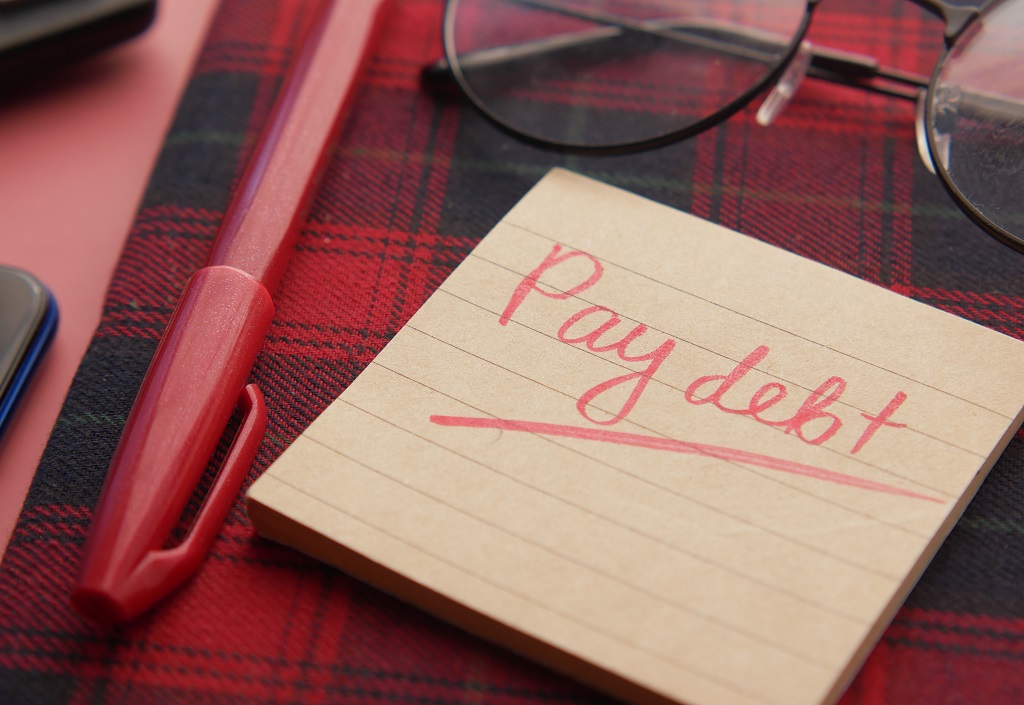Like many people, I've always considered myself more of a spender than a saver. Spending money never really bothered me that much - in fact, it often provided a little mood boost, especially during stressful times. There's even research showing that the brains of spenders and savers are wired differently when it comes to the pain of parting with money. That carefree spending came back to bite me though after the pandemic. I went on a revenge spending spree in 2020, splurging on hobbies, home renovations, you name it. Before I knew it, I had racked up over $40,000 in credit card debt and a home equity line. The spending high was gone, replaced by stress and that sinking feeling of going in circles with debt. That's when I had my wake-up call moment. My long-term goal of retiring comfortably was being completely derailed by my lack of spending control. If I wanted to get back on track, something had to change.
 SourceMoneyGuru-https://www.mgkx.com/5294.html
SourceMoneyGuru-https://www.mgkx.com/5294.html
Here's how I finally got my spending under control and paid off that massive debt:SourceMoneyGuru-https://www.mgkx.com/5294.html
Step 1: Tracking Expenses
The first step was getting a clear picture of where all my money was actually going each month. I tried tracking expenses using a budgeting app, and let me tell you - those first few months were brutal. Seeing how much I was overspending each month was overwhelming. But I stuck with it, taking a dispassionate approach and not judging my past decisions. I linked all my accounts, limited myself to just 2-3 payment methods to make tracking easier, and reviewed my spending patterns. Forgotten subscriptions, supplements, and mindless online shopping were some of the biggest culprits.SourceMoneyGuru-https://www.mgkx.com/5294.html
Step 2: Making It Harder to Spend
Once I could see where my money was going, I started implementing strategies to make it harder for me to overspend:SourceMoneyGuru-https://www.mgkx.com/5294.html
- Unlinking credit cards from favorite online retailers
- Refusing services that let me checkout without re-entering card details
- Instituting a 24-hour waiting period before any non-essential purchase
- Avoiding late-night online shopping when decision-making is impaired
This forced me to be more intentional about my purchases instead of making impulsive decisions I'd later regret.SourceMoneyGuru-https://www.mgkx.com/5294.html
Step 3: Scheduling Money Dates
Checking in on my finances went from a dreaded task to something I looked forward to. I started scheduling "money dates" with myself each week, temptation bundling by enjoying a glass of wine or other treat while reviewing my spending. These regular check-ins helped me stay on track and make adjustments as needed. I also started learning more about personal finance and being more open about my money goals, which boosted my confidence.SourceMoneyGuru-https://www.mgkx.com/5294.html
Step 4: Focusing on Priorities
With my spending under control, I was able to start chipping away at my debt by:SourceMoneyGuru-https://www.mgkx.com/5294.html
- Building a $1,000 emergency fund
- Paying off $44,000 in credit card debt and my home equity line
- Saving enough for a 6-month emergency fund
Now I can focus on maxing out retirement accounts and saving for other long-term goals. Making debt repayment and retirement priorities has made the choice between spending and saving a no-brainer.SourceMoneyGuru-https://www.mgkx.com/5294.html
The Power of Mindful Spending
Looking back, I'm still a little stunned at how quickly my debt snowballed from mindless spending. But going through this process has been invaluable. I've realized that spending isn't inherently good or bad - it's being intentional about aligning your spending with your values and priorities that matters most. For me, that means spending on things that truly add value to my life while aggressively saving for my top goals like an awesome retirement. Do I still spend money on hobbies, travel, and other fun stuff? You bet. But now it's with a clear purpose and plan in mind instead of an aimless, debt-inducing spending spree. If you're struggling with debt or a lack of savings like I was, I can't recommend tracking expenses enough as a first step. It reveals so much about your spending patterns and areas for improvement. And it provides the motivation to get spending under control. From there, make it harder to overspend through tactics like waiting periods and removing saved payment methods. Schedule regular money check-ins. And most importantly, get clear on your biggest financial priorities so you can align your spending accordingly. It takes work, but getting spending on track is a game-changer for your finances. Just look at me - after paying off over $40,000 in debt, I'm finally in a position to supercharge my retirement savings and other goals. If I can do it, you can too!SourceMoneyGuru-https://www.mgkx.com/5294.html SourceMoneyGuru-https://www.mgkx.com/5294.html












